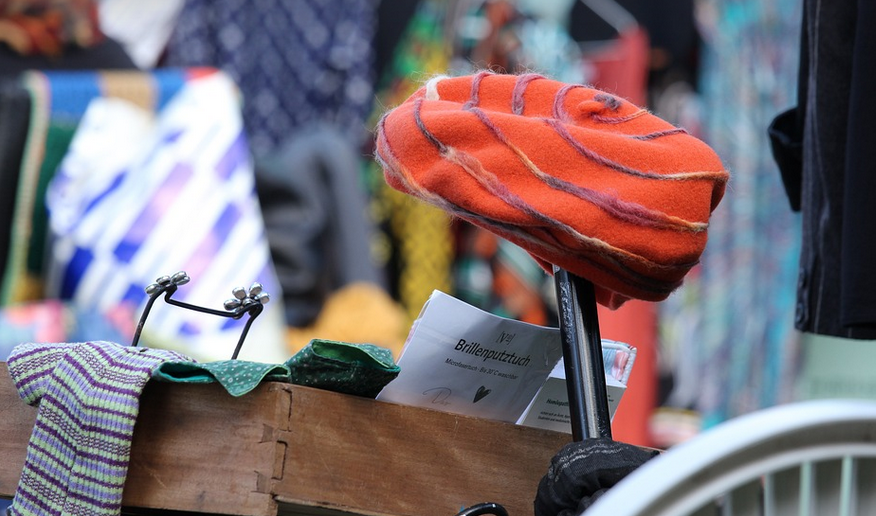A Deeper Look at Financial Manipulation & Modern-Day Exploitation
We’ve all heard the phrase “the wolf in their pockets,” but what does it really mean? This popular idiom, often used to describe financial trickery or predatory behavior, has a lot more to say than meets the eye. Today, we delve into the shadowy world where unscrupulous individuals exploit vulnerable populations and manipulate their finances for personal gain, leaving victims struggling to make ends meet. The phrase “the wolf in their pockets” is not about literal wolves, but rather metaphorical wolves—predatory figures who prey upon people’s financial well-being. These wolves operate under the guise of legitimate businesses or charities, often targeting those with limited financial acumen and emotional vulnerabilities. Their tactics can range from aggressive marketing to deliberate misrepresentation, all designed to take advantage of unsuspecting individuals. The “wolf in their pockets” phenomenon is most commonly associated with predatory lending practices, where high interest rates and opaque terms hide a deceptive reality. These loans can trap borrowers in debt cycles they can’t escape, leaving them financially unstable and emotionally distressed. These wolves often target individuals struggling financially, preying upon their desperation for quick solutions or relief from poverty. It’s crucial to understand that these predatory schemes are not limited to specific industries; they extend into various sectors of our society. **The Power of Influence: How This Plays Out in Different Sectors:** * **Financial Services:** Wolfish tactics like “bait and switch” or misleading customers about interest rates, fees, and loan terms are rampant. Financial advisors may also push risky investments that ultimately benefit their own pockets at the expense of clients’ financial security. * **Credit Card Companies:** These companies often exploit high credit card debt through aggressive marketing tactics, hidden fees, and difficult-to-understand contracts. This leads to a vicious cycle where individuals end up in deeper financial trouble with each passing month. * **Consumer Goods:** From predatory “buy now, pay later” schemes to misleading advertising that emphasizes the sale of overpriced goods, these wolves play on our desire for instant gratification and convenience, often leaving us with long-term financial burdens. * **Real Estate:** These “wolves” are known for exploiting homeowners’ desperation to sell their homes quickly by charging exorbitant fees or manipulating purchase offers. They can even offer “quick cash” solutions that come with hidden costs and potential legal risks. **The Impact of Financial Manipulation: More Than Just Dollars and Cents** The consequences of financial manipulation extend far beyond just losing money; they have a profound impact on individuals’ lives: * **Stress and Anxiety:** Facing unexpected debt, high interest payments, or predatory loan terms can take a toll on mental health. This leads to increased stress, anxiety, and even depression. * **Damaged Credit Scores:** Missed payments, unpaid debts, and fraudulent activity can cause significant damage to credit scores. These negative marks can make it difficult for individuals to access loans, rent apartments, or secure employment later on. * **Financial Instability:** Financial manipulation often leads to a cycle of debt that becomes increasingly difficult to break out of. Individuals end up trapped in financial instability, unable to achieve their goals due to constant financial pressure. **Fighting Back: Empowering Yourself and Others** In the face of such predatory practices, it’s crucial for individuals to be aware of the “wolf” lurking in their pockets. Here are some steps you can take: * **Education:** Take time to learn about financial literacy. Understand how loans work, credit scores are calculated, and the intricacies of investment strategies. * **Due Diligence:** Thoroughly research any company or individual offering financial services before signing any paperwork or making payment. Read reviews, check their credentials and reputation, and ask for detailed explanations of terms and conditions. * **Seek Professional Guidance:** If you’re struggling with debt or facing a complex financial situation, don’t hesitate to seek advice from a trusted financial advisor or reputable legal expert. **The Power of Collective Action: A Stronger Defense** Combating the “wolves” in our pockets requires a collective effort. Empowering ourselves and others is crucial for achieving long-term change: * **Legal Advocacy:** Support organizations that advocate for consumer protection, stricter regulations on predatory lending practices, and holding financial institutions accountable. * **Community Awareness:** Spread awareness about these unethical practices through educational workshops, community events, and social media campaigns. This empowers individuals to recognize the signs of exploitation and learn how to protect themselves and their communities. * **Empowering Vulnerable Communities:** Specifically target vulnerable populations like low-income families, refugees, and immigrants who often face higher risks of financial exploitation due to limited access to resources and information. By understanding the “wolves” lurking in our pockets, engaging in proactive measures, and advocating for change, we can create a more equitable and just financial system that safeguards individuals from predatory practices.
This article provides an overview of the “wolf in their pockets” phenomenon in 2024. We’re constantly learning about new ways these wolves exploit people, and keeping ourselves informed is crucial for protecting our own finances and the well-being of others.
